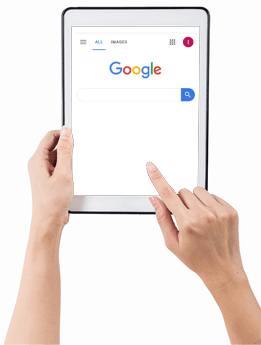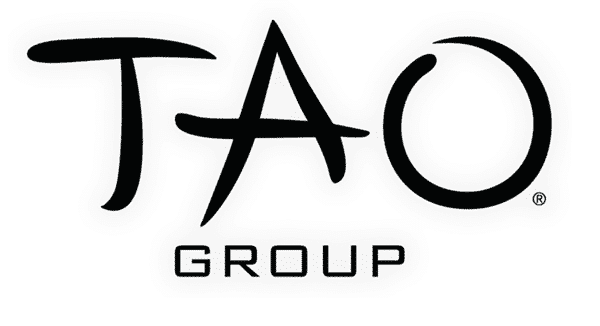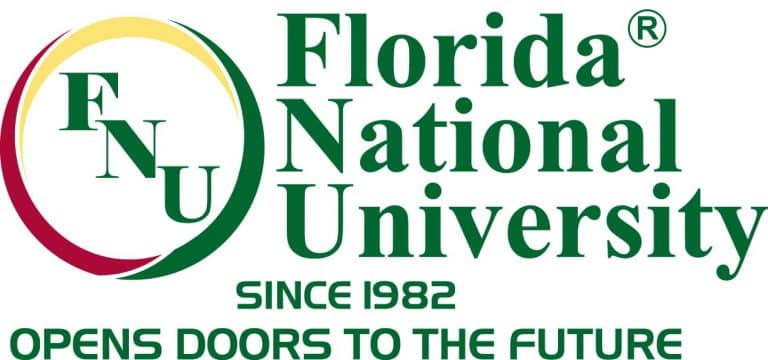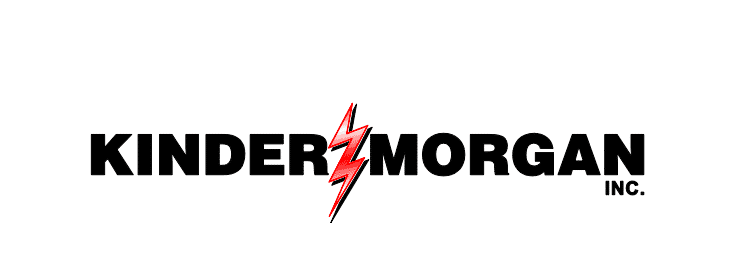When you imagine the seemingly anonymous world of internet browsers, many things come to mind. Small business owners, marketers, maybe even ne’er-do-wells. One thing they probably all have in common, however, is impatience. The World Wide Web of the twenty-first century is a road-ragers dream. Gone are the days when websites could take ages to load. Today, we expect our sites to be fully loaded as soon as we click. But, is speed all that it’s cracked up to be? And, what can you do to boost it? Fear not. Here’s Next Level Marketing’s guide to why website page speed is so important, and how to improve it for SEO.
Users Have Come to Expect Speedy Pages
As the internet has evolved, people have come to expect a speedy browsing experience. Long gone are the days of Netscape, when pages could take minutes to load (if you were lucky!) Today, people who surf the web demand responsive sites. In fact, according to research conducted by Bitcatcha, 47-percent of individuals expect a site to load in less than two seconds, and 40-percent claim they would abandon a site entirely if the page took longer than three seconds to load. Some users will allow small delays for more established sites, such as Facebook, but those are rare exceptions for larger names.
Slower Web Pages Mean Lower Conversions
As just mentioned, 40-percent of people claim they would abandon a website if it took longer than three seconds to load. If 1000 people were to visit your site a day, that means 400 would abandon it before they even saw your product, if your website is too slow. The simple fact is that slow speed means lower conversions. If this isn’t worrying enough, consider this example: Amazon conducted tests which showed that if their site took just one second longer to load, they would lose $1.6 billion per year. Let me repeat that – $1.6 BILLION over just ONE second!
Website Page Speed Actually Affects Your Google Rankings
Google has claimed that “while website page speed is a new signal, it doesn’t carry as much weight as the relevance of a page. Currently, fewer than 1-percent of search queries are affected by the site speed signal.” This would seem to indicate that the speed of your page, while important, doesn’t make that big of a difference as to how Google will rank your page. I mean, it’s just “a small signal” after all, right?
Unfortunately, the signal is not so small if your speeds are super-slow. For particularly slow pages, “Google will reduce the number of crawlers it sends to your site if your server is slower than two seconds.” This means that Google may not track any new updates to your site, which can quickly slide you down the rankings.
How to Boost Your Speed
Reduce Server Response Time
When trying to boost your website page speed, one of the biggest factors in how quickly your page loads is DNS lookup time. DNS, or domain name system, is a server with a database of IP addresses and hostnames. When someone types your URL into their browser, the DNS server translates that URL into an IP address. The easiest way to imagine a DNS lookup is to think of it as a phone book for your computer. If your DNS process is particularly slow, consider switching to a faster provider. This one switch can significantly increase your website’s speed.
Enable Compression
Simply put, the smaller your files, the faster your website will load. If your page is taking too long to load, consider compressing your files. Compressing files works particularly well with HTML and CSS because the files generally have repeated codes and whitespace. The most popular tool for compressing files is something called Gzip. Roughly 90-percent of the internet traffic today runs through browsers which support Gzip compression, meaning it is a great way to improve speed. In fact, according to Yahoo!, compression can result in a reduction of download time of up to 70-percent!
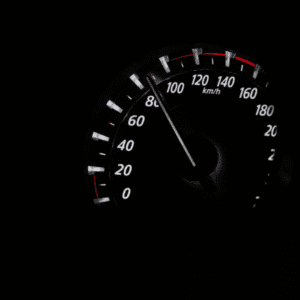 Reduce Image Sizes
Reduce Image Sizes
Images are crucial for any website. In fact, 66-percent of consumers say they want to see a minimum of three product images before they consider buying it. The problem with images, however, is that they can be particularly big files. This can result in increased loading times for pages. By simply resizing the images, you can keep their value to visitors while at the same time increases page response time. In fact, according to Yottaa, resizing an image from 22MB to 300KB can result in a 70-percent reduction in time needed to interact – a huge speed increase!
Use External Hosting Platforms
If you like to add videos to your site, one of the best pieces of advice is to avoid posting them directly to your site via WordPress or any other in-house hosting service. When you load videos directly to your site, they take up a ton of real estate. Just one video can easily take up about 100MB of space on your server. These files can quickly make you exceed the limited amount of space you have on your servers – particularly if they are shared. By simply uploading your videos to sites like Vimeo or YouTube, and then embedding them on your website, you can provide your visitors with the same quality videos, but without the drain on your servers., or page speed!
If you’re thinking about increasing your company’s website page speed, now is the perfect time to partner with a team as dedicated to building your business as you are. Next Level Marketing’s world-class web design team has the know-how to super-charge your site and provide you with cutting-edge web design to get you noticed! In addition, our experienced marketing team will work exclusively with you to discover what sets you apart, create a compelling strategy to dynamically develop your business visibility and awareness and take a holistic, evolutionary approach to deliver exceptional results continually.
So, if you’re ready to take your business to the next level, give Next Level Marketing a call today at 1 (844) 736-6398 for a free consultation.


